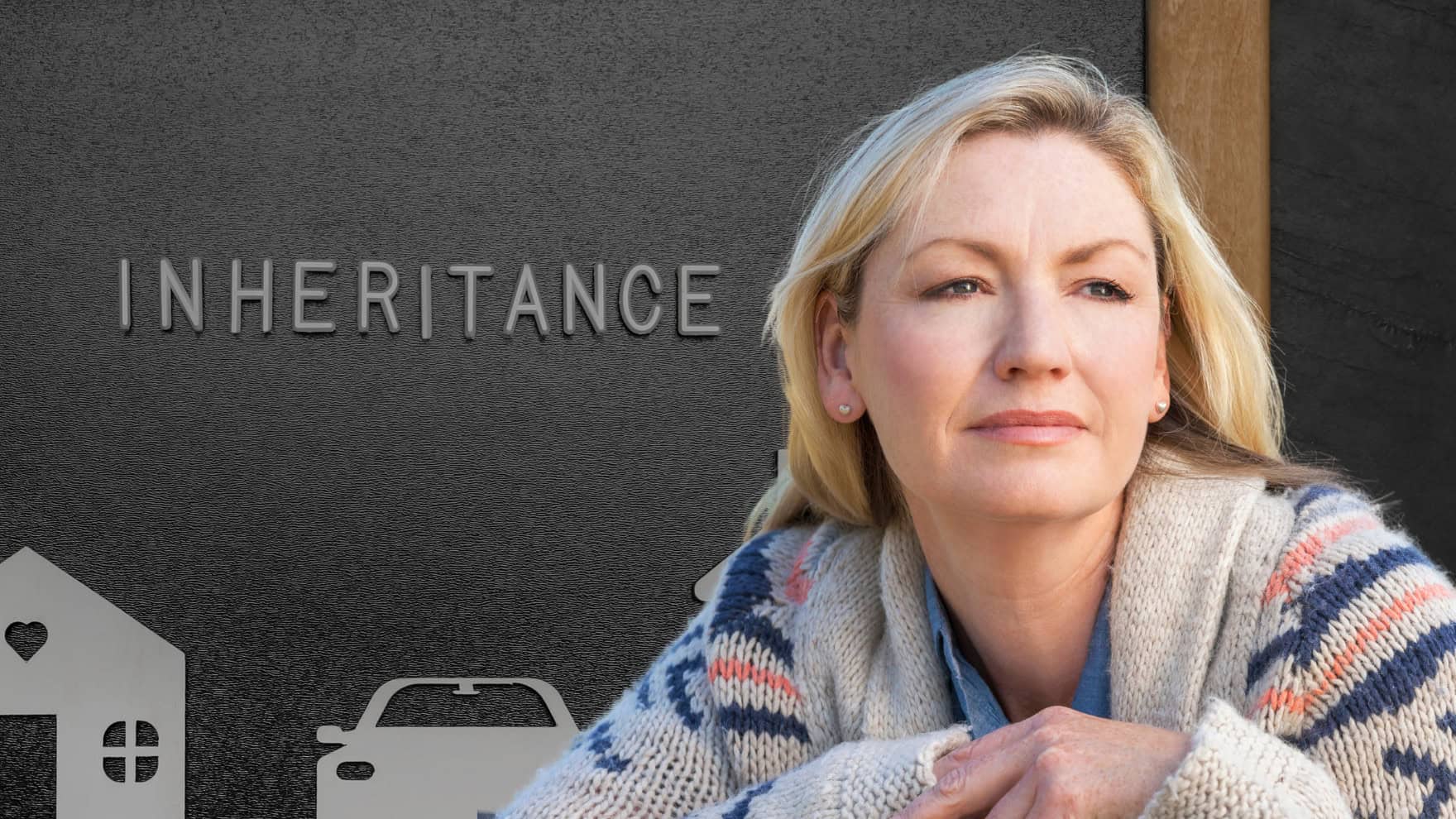Personal Finance
My grandparents passed away, leaving a house and land to their 4 children and now that my dad passed away - is it now mine?

Published:

Friction and even hostility between siblings is a common issue, and can often cross generations. Unfortunately, the problem is as old as mankind, as illustrated in the Old Testament account of Cain and Abel, the ancient tale of Roumulus and Remus, and even nowadays, with the animosity between Britain’s Prince William and Prince Harry. Less commonly reported are when the children of a sibling are at odds with their uncle or aunt.
In cases where inherited money or property is involved, the animosity can become tempestuous and even spawn potentially illegal activities. Such instances will often require legal counsel and the intervention of the court in order to be resolved.
Inherited property between siblings can often become messy with a will or other documentation.
Property rights can get even more nebulous when tracing ownership between generations of heirs.
Probate court and intestate guidelines for succession are the most likely references for resolution of ownership disputes in divided property ownership cases between family relatives.
Are you ahead, or behind on retirement? SmartAsset’s free tool can match you with a financial advisor in minutes to help you answer that today. Each advisor has been carefully vetted, and must act in your best interests. Don’t waste another minute; get started by clicking here here.(Sponsor)

In William Shakespeare’s famous tragedy, Hamlet, Hamlet finds that his father has died under suspicious circumstances and that his uncle, Claudius, has effectively made himself king of Denmark and married Hamlet’s mother, Gertrude. As a result, Claudius has, for all intents and purposes, deprived Hamlet of his birthright. This backstory sets the stage for the play, in which Hamlet plots to avenge his father and take back the crown.
A Reddit poster found herself in a sadly comparable scenario, and was seeking advice. Although her posting lacks some crucial information to determine her full range of options, she relays the following details of her situation:

The poster’s information clearly leaves a significant amount of information off the table, which begs the following questions:

While intestate succession laws may vary between states, the general standard is that a biological child is a blood heir. Assuming that the poser’s understanding of her share of the inheritance came directly from the family and was not based merely on assumption, she probably has a legal case to try to get her birthright share of her father’s 25% of the estate proceeds. However, there may be several other challenges:
This article is intended purely for informational purposes. An estate attorney should be consulted for greater in-depth advice on these sorts of topics, if required.
Retirement can be daunting, but it doesn’t need to be.
Imagine having an expert in your corner to help you with your financial goals. Someone to help you determine if you’re ahead, behind, or right on track. With SmartAsset, that’s not just a dream—it’s reality. This free tool connects you with pre-screened financial advisors who work in your best interests. It’s quick, it’s easy, so take the leap today and start planning smarter!
Don’t waste another minute; get started right here and help your retirement dreams become a retirement reality.
Thank you for reading! Have some feedback for us?
Contact the 24/7 Wall St. editorial team.